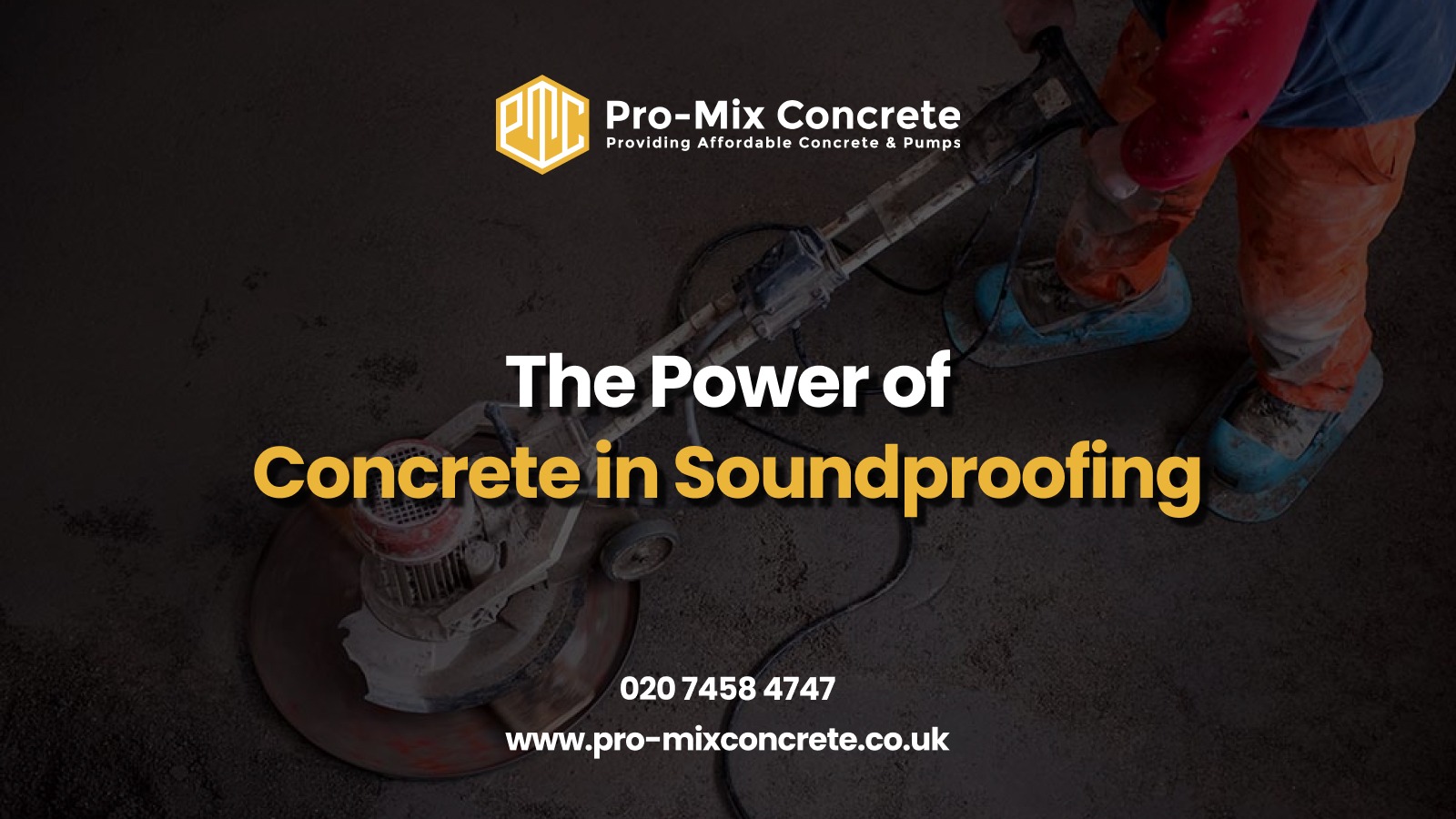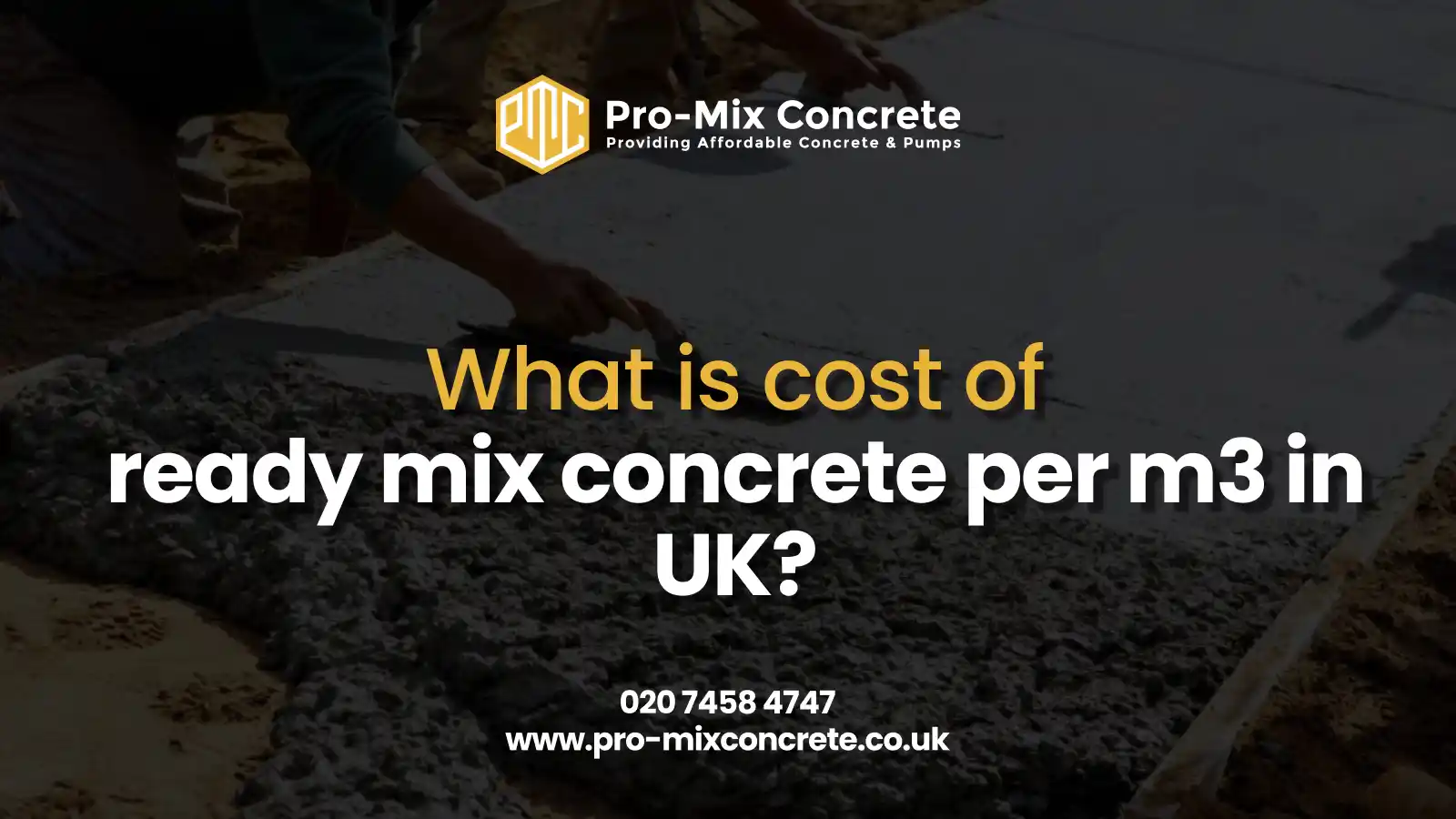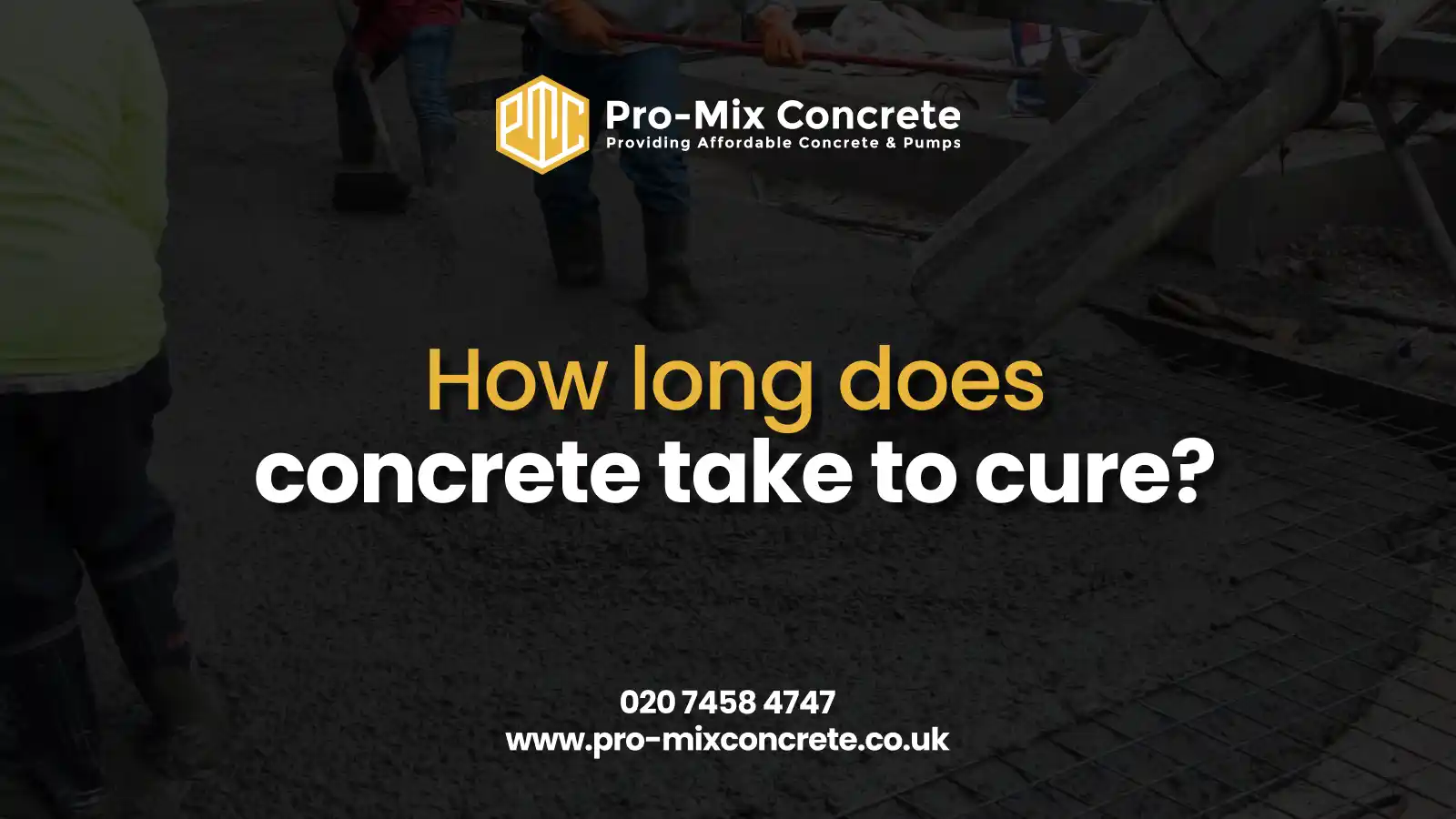Noise can be overwhelming. The hum of traffic, the buzz of construction, or even the chatter in the next room can make it hard to find any peace. But what if the answer to all that noise was right beneath our feet? Concrete, often dismissed for its simplicity, can actually be the key to soundproofing the spaces we live and work in. But here’s where things get interesting: not all concrete is created equal. The magic happens when you get creative with the mix. You see, the type of concrete you use, how you mix it, and the aggregates you choose can significantly impact its ability to absorb or reflect sound.
Sound Reflection and Absorption: The Concrete Dance
Concrete does not just block sound; it also has the ability to reflect or absorb sound depending on its composition. Mix on site concrete, with carefully chosen aggregates and modified designs, which can either absorb or reflect sound waves with precision.
-
Dense Concrete Mixtures:
These are your heavy hitters, capable of reflecting up to 99% of sound energy. Yes, that’s how powerful it is. This makes concrete ideal for large buildings or high-traffic areas where noise needs to stay out.
-
Lightweight Concrete Mixtures:
These might not block sound like their denser counterparts, but they excel at absorbing sound. If you’re dealing with spaces that need sound dampening like recording studios or theaters this mix can absorb the echo and improve acoustics significantly.
The magic lies in mixing concrete on-site because it allows for tailored adjustments. The specific choice of aggregates, the size of pores, and the overall mix design dictate whether the concrete will absorb, block, or reflect sound.
Revolutionary Acoustic Concrete: A New Era
In recent years, the development of innovative concrete mixes has opened up even more possibilities for soundproofing. Concrete is evolving, and the result is nothing short of impressive.
Acoustic Insulation Concrete (AIC)
The future of soundproofing is in AIC which is a game-changer. By introducing open pores into the concrete structure using special porous aggregates and foam agents, AIC absorbs sound in ways traditional concrete can’t.
-
Enhanced Sound Absorption:
AIC is designed to reduce noise pollution and improve sound quality in buildings, creating quiet, serene environments in urban spaces.
-
AIC’s Impact:
You’re not just filling walls with concrete but you’re investing in the future of soundproofing. These mixes dramatically reduce sound transmission between rooms and are ideal for urban environments where noise pollution is a constant challenge.
Cellular Concrete: A Sound Absorption Giant
Let’s get technical for a moment. cellular concrete has revolutionized how we approach sound insulation. This lightweight, yet incredibly effective material has an optimal Noise Reduction Coefficient (NRC) at around 1130 kg/m³. To put it simply, it’s like having a noise-canceling device built into your walls.
-
Better Than Gypsum Tiles:
Cellular concrete is more efficient in absorbing sound than traditional concrete with NRC values comparable to acoustic gypsum tiles. This makes it a top choice for office spaces, homes, or any setting requiring sound control.
Crumb Rubber Concrete (CRC): Absorbing More Than Ever
Here’s another innovation: crumb rubber concrete (CRC). Using crumb rubber from recycled tires, CRC improves sound absorption, especially at higher frequencies.
-
Increased Performance with Larger Rubber Particles:
When you replace just 7.5% of concrete with crumb rubber, you’ll notice a difference. But crank it up to 15%, and suddenly, you have better sound absorption. What’s more, the size of rubber particles matters; larger particles (10-19mm) absorb even more sound.
-
Sustainable Soundproofing:
Not only are you getting a more effective soundproofing solution, but you’re also helping the environment by recycling tire waste. It’s a win-win.
How Concrete Shapes Soundproofing Applications
Concrete isn’t just a static material. It transforms spaces, adapting to the needs of both residential and commercial buildings. Let’s break it down:
Residential Soundproofing: A Quiet Haven
Imagine living in an apartment or house, only to be constantly disturbed by the sounds of neighbors, traffic, or construction. With the right concrete mix, this nightmare can be avoided.
-
Precast Concrete Wall Panels:
These panels are engineered to absorb sound and reduce noise transmission. They can be pre-cast off-site and then installed, saving time and ensuring consistent quality.
-
Concrete Block Walls:
For homes that need a bit more sound control, concrete block walls do wonders. A 215mm thick concrete block wall can offer incredible sound insulation. In fact, when finished with plaster, it provides the same noise-blocking capabilities as the walls of a music studio.
Commercial Soundproofing: Noise-Free Workspaces
In commercial spaces, soundproofing is not just about comfort as it’s about productivity. Unwanted noise in an office or factory can dramatically reduce focus and efficiency. Here’s where concrete shows its true potential.
-
Strategic Use of Precast Concrete:
Precast concrete is used to meet specific soundproofing needs, making it ideal for large open spaces or manufacturing environments. These concrete panels help create workspaces that foster concentration, productivity, and overall well-being.
-
Industrial Settings:
In noisy industrial settings, concrete barriers and walls can significantly reduce harmful noise, improving worker safety and comfort.
Understanding Acoustic Performance: Metrics That Matter
To measure concrete’s soundproofing abilities, a few metrics are essential. These numbers give architects, engineers, and builders concrete benchmarks to work with.
-
Weighted Sound Reduction Index (Rw):
This index measures how well a material reduces sound transmission. A higher Rw means better sound insulation.
-
Noise Reduction Coefficient (NRC):
A critical factor for determining how much sound a material can absorb. For spaces where quiet is key, NRC is your best friend.
-
Sound Absorption Coefficient (α):
This is the ratio of sound absorbed by the material compared to the sound hitting it. Concrete, when mixed just right, can perform exceptionally well here.
Factors That Impact Concrete’s Acoustic Performance
Several key factors can influence the soundproofing capabilities of concrete. These are the elements that make or break a project, and understanding them is crucial.
-
Density:
Thicker, denser concrete generally provides better sound insulation. It’s all about mass—the heavier the concrete, the harder it is for sound to pass through.
-
Porosity:
Concrete that is more porous absorbs sound better. But remember the more porous the material, the less it may block sound, so it’s all about finding the right balance.
- Thickness:
The thicker the concrete, the more effective it is at blocking sound. So, if you’re in an environment that needs total silence, thicker concrete walls or floors are key.
- Surface Treatments:
A concrete surface treatment like plaster or special coatings can significantly boost its acoustic performance, making it even more soundproof.
The Real Potential of Mix-On-Site Concrete
Now, let’s talk about mixing on site concrete. This approach opens up a world of possibilities. You’re not tied to factory-made solutions, which can often come with limitations. By mixing concrete on-site, you can tailor the composition to meet the exact acoustic requirements of your project.
- Custom Solutions:
You have the flexibility to add unique aggregates or adjust the mix ratio with mixing on-site concrete. This allows for customized soundproofing solutions that perfectly match the needs of the space.
- Cost-Effective:
When you’re in charge of mixing your own concrete, you can often save on costs compared to buying pre-mixed concrete. It’s an efficient way to ensure quality while maintaining your budget.
- Faster Turnaround:
Need soundproofing quickly? Mixing on-site allows for faster adjustments, meaning your project stays on track.
Final Thoughts
So, as the world grows louder, it’s time we start thinking about concrete in a new light. It’s not just for walls and floors as it’s for creating peaceful environments in the middle of chaos. The future of soundproofing is in your hands, and it starts with the right concrete mix. Pro-Mix Concrete takes acoustic design to the next level, transforming spaces into quiet sanctuaries. Its unique properties don’t just block noise but they absorb it, creating an environment where comfort and focus thrive. The next time you think about building, think about what your walls can truly offer beyond just structure with mix on site concrete.
- Dennis Broderick
- Dennis Broderick is the founder and owner of Pro-Mix Concrete Company, a trusted name in ready-mix concrete solutions across the UK. With over 20 years of hands-on experience in the construction and concrete industry, Dennis brings unmatched expertise, practical insights, and a commitment to quality on every project - from residential driveways to large-scale commercial developments.
 BlogDecember 8, 2025How Do You Calculate The Concrete Required For A Job?
BlogDecember 8, 2025How Do You Calculate The Concrete Required For A Job? BlogNovember 26, 2025Ready Mix Concrete Costs UK: 7 Key Factors That Affect Your Price Per m³
BlogNovember 26, 2025Ready Mix Concrete Costs UK: 7 Key Factors That Affect Your Price Per m³ BlogNovember 26, 2025How Long Does Concrete Take To Cure?
BlogNovember 26, 2025How Long Does Concrete Take To Cure? BlogNovember 20, 2025How To Measure Concrete With A Concrete Calculator?
BlogNovember 20, 2025How To Measure Concrete With A Concrete Calculator?





